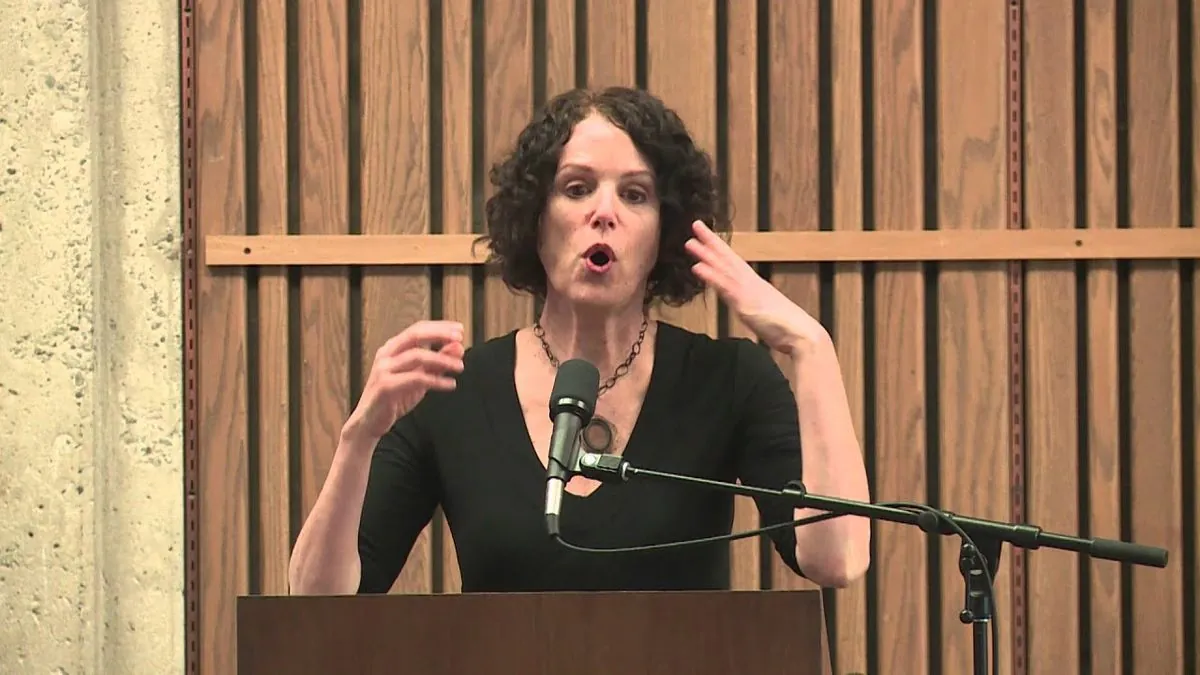Robin DiAngelo, the author of the bestselling book "White Fragility," is facing serious allegations of plagiarism in her doctoral thesis. The accusations, which involve 20 instances of alleged plagiarism, have been formally filed with the University of Washington, where DiAngelo obtained her PhD.
DiAngelo's work gained significant attention following its publication in 2018, with "White Fragility" becoming a New York Times bestseller. The book's popularity surged again in 2020 amid the Black Lives Matter protests following the death of George Floyd. DiAngelo, now 67, has built a career as an anti-racism consultant, arguing that racial divisions are perpetuated by defensive reactions from white people when discussing race.
The plagiarism allegations primarily concern DiAngelo's 2004 doctoral thesis, "Whiteness in Racial Dialogue." According to reports, the thesis contains passages that appear to be lifted without proper attribution from the works of Asian-American scholars, including Thomas Nakayama, a professor at Northeastern University, and Stacey Lee, a professor of education.
One example of alleged plagiarism involves a paragraph from Nakayama and his co-author, Robert Krizek:
"While this discourse recognises a part of its historical constitution … this reflexivity does not necessarily mean that there has been a recognition of the power relations embedded in that history."
DiAngelo's thesis reportedly contains a strikingly similar passage:
"While this discourse recognises in part a historical constitution, this does not necessarily indicate that there is a recognition of the power relations embedded in that history."
The University of Washington defines plagiarism as "borrowing the structure of another author's phrases or sentences" without credit, or citing a source but reproducing their exact words without quotation marks. This definition aligns with widely accepted academic standards of integrity.
Peter Wood, president of the National Association of Scholars, likened the practice to "forgery," stating, "It is never appropriate to use the secondary source without acknowledging it, and even worse to present it as one's own words."
These allegations stand in stark contrast to DiAngelo's own statements on the importance of proper attribution. On her website, she emphasizes the need to "always cite and give credit to the work of BIPOC [black, indigenous and people of color] people who have informed your thinking."
The accusations have sparked discussions about academic integrity and the responsibilities of influential authors. As the investigation unfolds, it serves as a reminder of the critical importance of proper citation and acknowledgment in scholarly work, regardless of an author's prominence or the popularity of their ideas.
DiAngelo and her publisher, Beacon Press, have been approached for comment on these allegations. The outcome of this case could have significant implications for DiAngelo's reputation and the broader discourse on race and academia.
